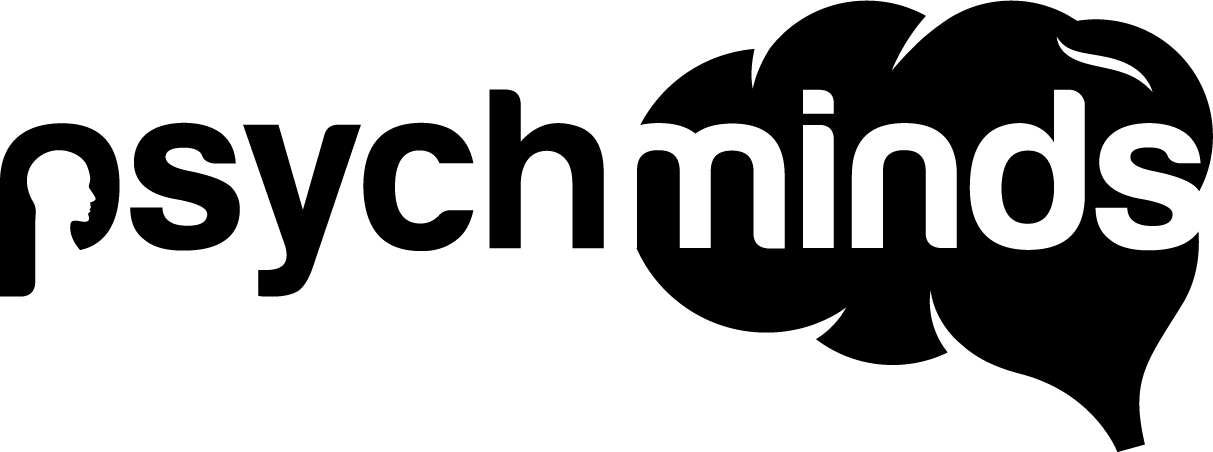Analysis leads to paralysis. Too much choice can have a paralysing effect. Supposedly choice frees us. We can choose our majors in university, the type of work we do, whether to get married, what to wear every day, what kind of cereal to buy in the supermarket. The list goes on. While a certain amount of choice can be liberating and beneficial, too much can be overwhelming.
There can be many potential negative effects of having too much choice. One of which is disappointment. When there are fewer options for a product, say a laptop, one is more likely to make a choice in less time and be satisfied with it. Nowadays there is a wide range of different laptops to choose from, all of which supposedly have many advantages over the others. So how are you supposed to choose the perfect laptop? It is possible that you may not get a laptop at all. When there are too many options, many people find making any decision very difficult since there is too much to take into consideration. Or you will get the laptop but will feel less satisfied than you would have been had there been fewer options. You would have the nagging feeling that perhaps the other laptop with the other feature would have been better. Imagining all the better alternatives out there can lead to regretting the choice you made.
Also when we have too much choice, expectations of the product or service increase. Since we have so many options for a pair of sunglasses, one of them has to look absolutely perfect! Perfection, however, is hard to come by. When something inevitably ends up being less than perfect, we are dissatisfied, blaming ourselves for the wrong choice we made.
When people have no choice, life is almost unbearable. As the number of available choices increases, as it has in our consumer culture, the autonomy, control, and liberation this variety brings are powerful and positive. But as the number of choices keeps growing, negative aspects of having a multitude of options begin to appear. As the number of choices grows further, the negatives escalate until we become overloaded. At this point, choice no longer liberates, but debilitates. It might even be said to tyrannize.
BARRY SCHWARTZ, THE PARADOX OF CHOICE
An experiment regarding consumer behaviour was conducted in a California market by Professor Iyengar and her research assistants. They set up a stand where they had samples of Wilkin & Sons jams. They either offered a selection of 24 jams or a selection of six jams. Here is what happened. Sixty percent of customers stopped by the large assortment of jam; whereas, forty percent stopped by the smaller sample. However, thirty percent of people who stopped at the small jam stand decided to buy the jam. Only three percent who stopped at the large jam stand decided to buy. When confronted with too much choice, i.e. 24 different jams, the customers could not make up their minds and ended up not buying anything.
When there is less choice, expectations are lowered. Therefore, we were able to be pleasantly surprised when the jam we got really was almost perfect. Now, almost perfect is not good enough. It is inevitable that by choosing one product, you have to sacrifice the alternatives. When the alternatives are all so attractive this can lead to consumer confusion. Choice is supposed to make our lives easier, provide us with better products and tailored services. And yet never before has the consumer been so overwhelmed, confused and dissatisfied with the choices he/she makes. As Barry Schwartz, a psychologist and professor, stated, “As the number of choices grows further, the negatives escalate until we become overloaded. At this point, choice no longer liberates, but debilitates. It might even be said to tyrannize.”
References:
TEDtalksDirector. (January 16, 2007). Barry Schwartz: The paradox of choice. Retrieved May 26, 2013, from http://www.youtube.com/watch?v=VO6XEQIsCoM
Tugend, A. (February 26, 2010). Too Many Choices: A Problem That Can Paralyze. The New York Times. Retrieved May 26, 2013, from http://www.nytimes.com/2010/02/27/your-money/27shortcuts.html?_r=1&
Deborah Budd. (2013). THE “PERFECT” PURCHASE: DO TOO MANY CHOICES PARALYZE CUSTOMERS? Retrieved May 26, 2013, from https://www.secondwindonline.com/the-perfect-purchase-do-too-many-choices-paralyze-customers?journal=239
Image Credit: http://www.thelowdownblog.com/2015/10/why-too-much-choice-is-stressing-us-out.html
















